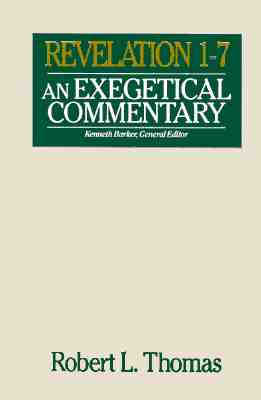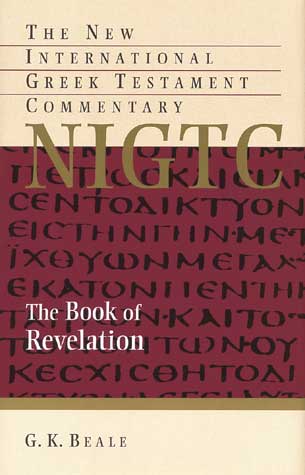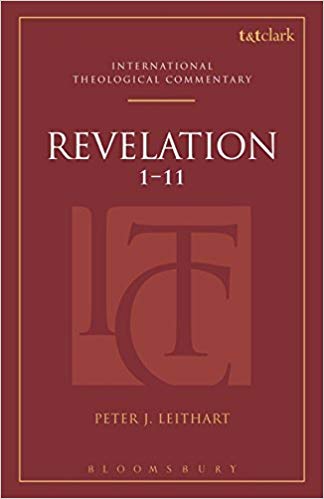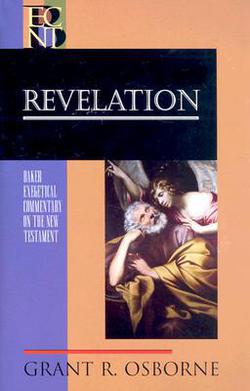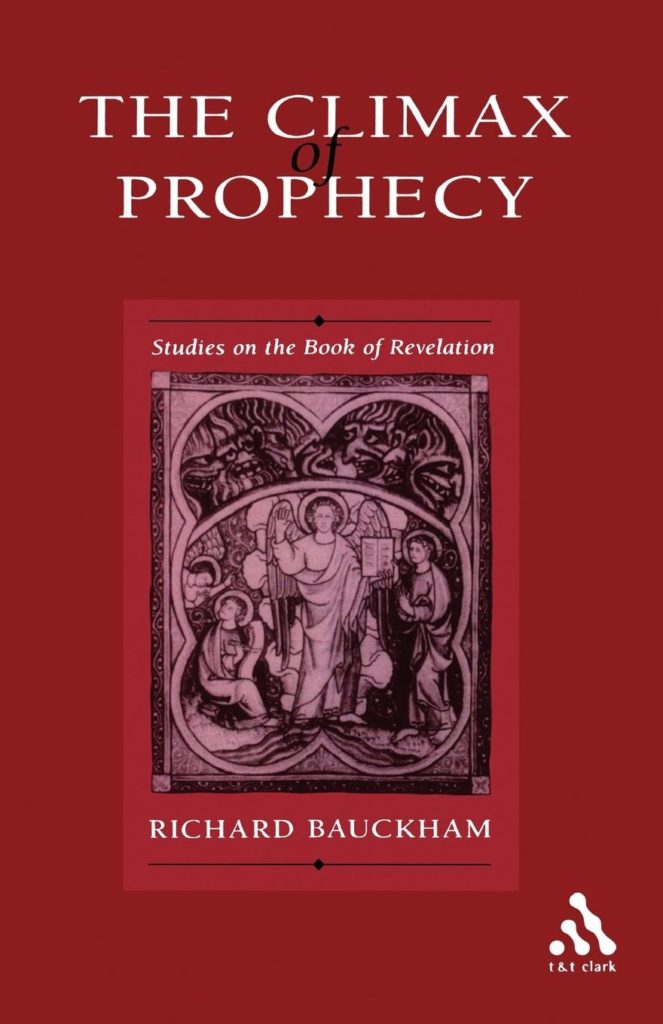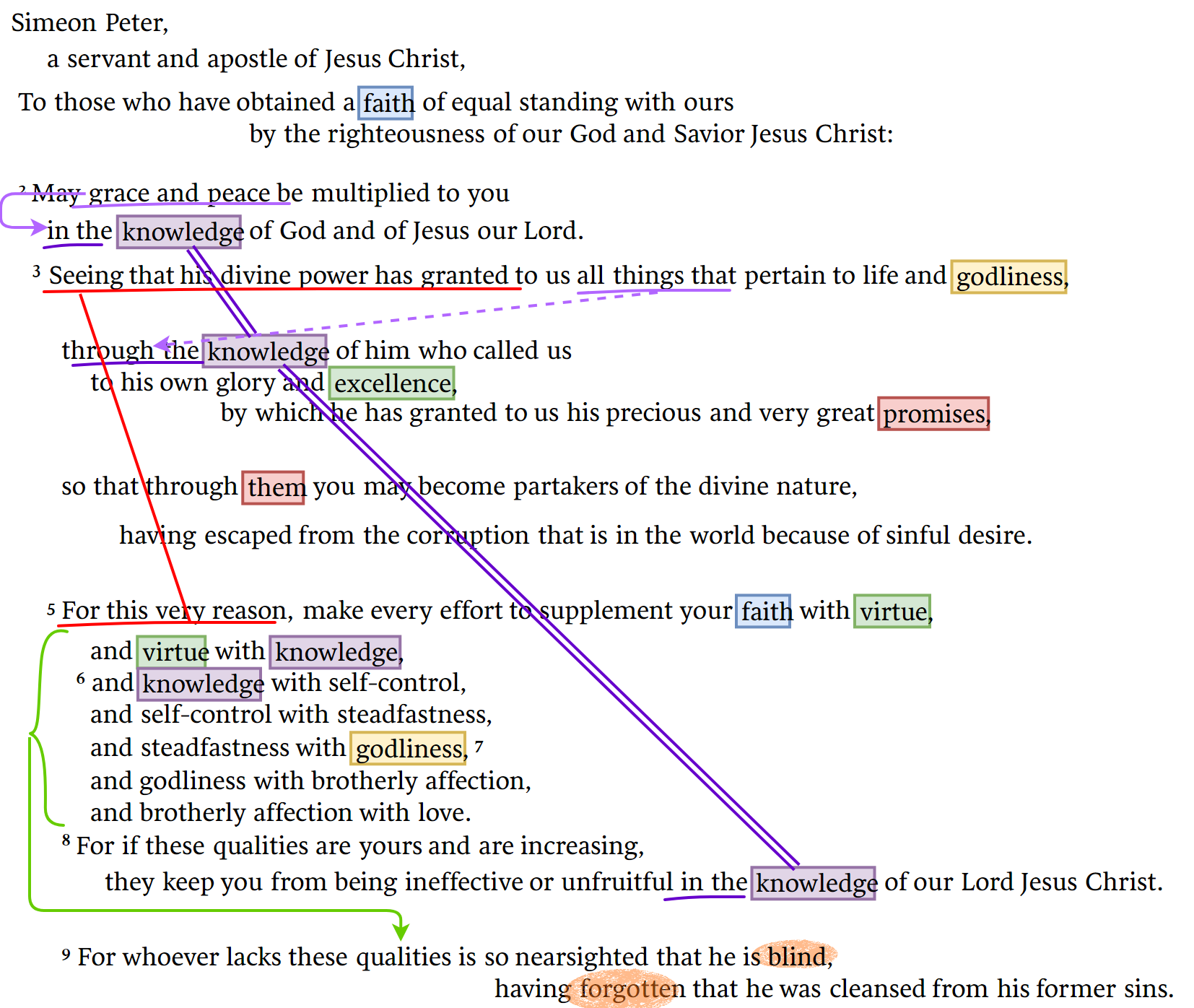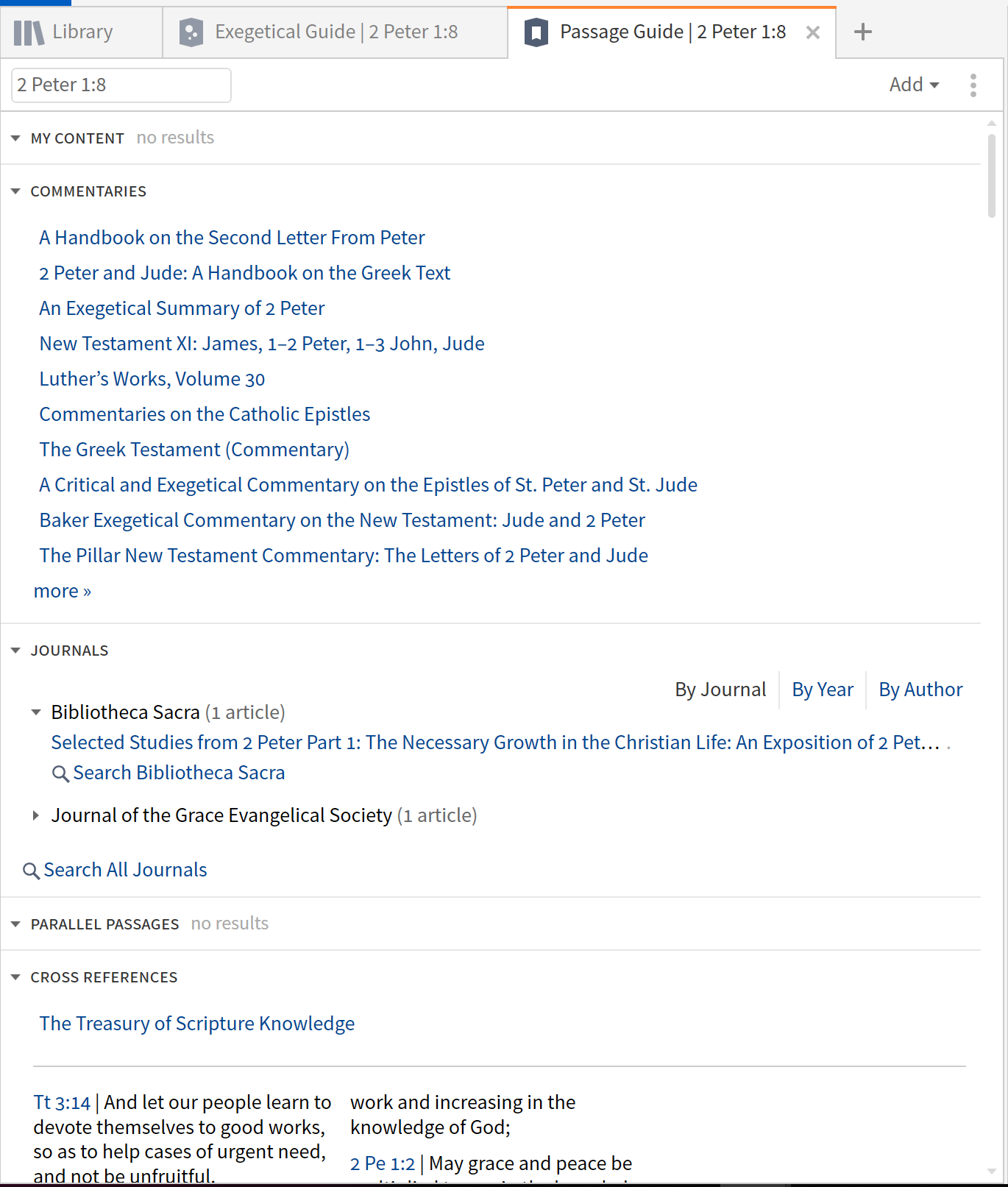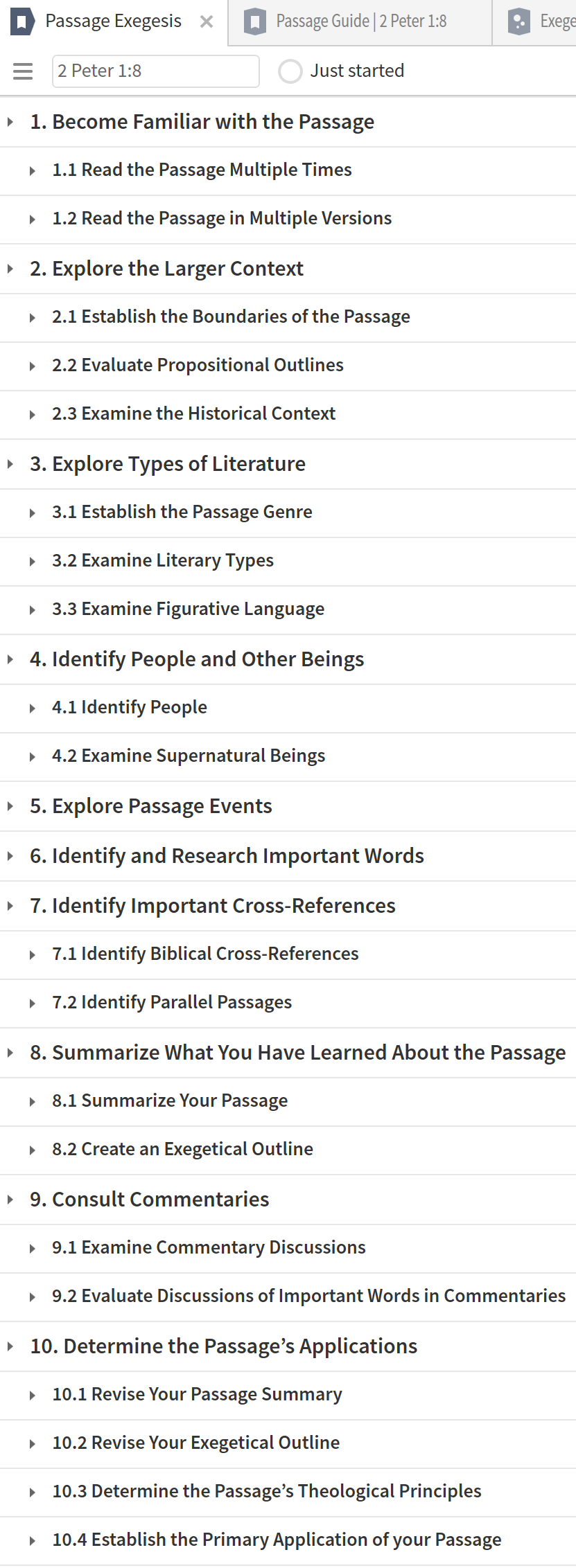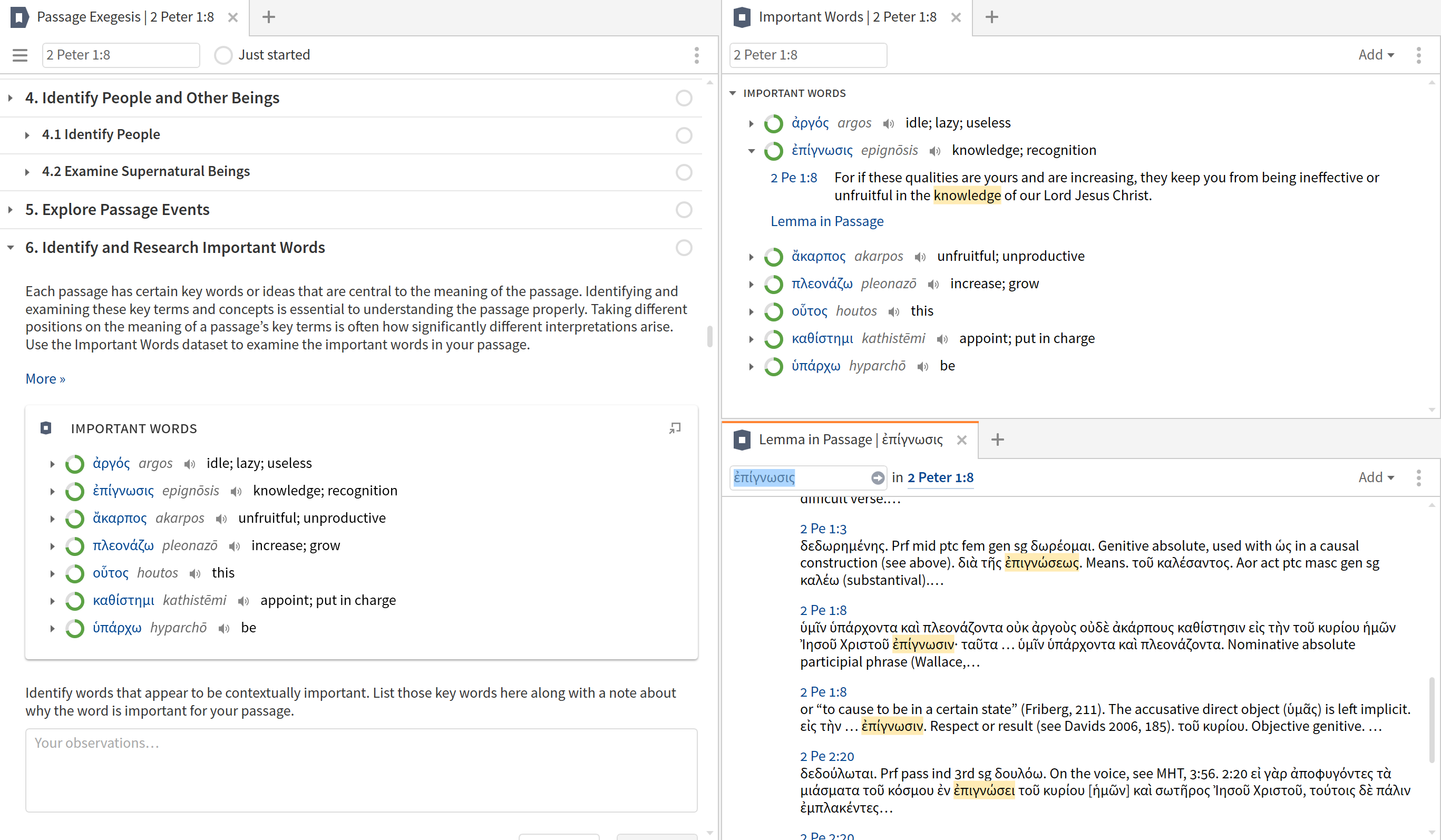Henry, Matthew and J. B. Williams, The Lives of Philip and Matthew Henry. Carlisle, PA: Banner, 1974.
This book combines in one volume Matthew Henry’s biography of his father Philip as expanded by J. B. Williams and William’s own biography of Matthew Henry. Both are worth reading, but Matthew Henry’s biography of Philip Henry is golden. It will repay repeated reading. It is the kind of biography that warms religious affections, convicts, and encourages the Christian in his walk with Christ. It is surely one of the best biographies that I’ve read.
Chambers, Whitaker. Witness. New York: Random House, 1952.
This compelling autobiography frames the 20th-century struggle with communism/socialism in the 20th century in religious terms. Chambers’s insights into the religious nature of communism and socialism make the book worth reading. But it is also a spy story and a court-room drama.
Edwards, Jonathan.Religious Affections. Edited by John E. Smith. Works of Jonathan Edwards. Edited by Harry S. Stout. New Haven: Yale, 2009.
Affections, which for Edwards involve the strong inclinations of the will and the mind and which are to be distinguished from passions, are essential to true religion according to Edwards: “True religion, in great part, consists in holy affections” (95). Edwards unpacks this thesis in three parts. First, he provides then reasons that support the truth of the statement. In taking notes on this section of the book I largely quoted the statement of the argument and then noted the numerous supporting Scripture texts. Second, Edwards debunks twelve signs that people might rely on as evidence that they do have religious affections. Third, Edwards gives twelve actual evidences of religious affections. In this section of the book I was noted both the numerous Scripture support and made extracts.
The third section of this book repays repeated devotional reading. Once the book has been read, it would be worth dipping back into the third section to guide prayer and self-examination.
Luther, Martin. Career of the Reformer III. In Luther’s Works. Volume 33. Edited by Helmutt Lehmann and Philip S. Watson. Philadelphia: Fortress, 1999. [Bondage of the Will]
The Bondage of the Will is essential reading. Luther believed that Erasmus, to whom he is responding, reached the heart of the Reformation in his critique. It is important to recognize that by
Witsius, Herman. The Economy of the Covenants between God and Man. Translated by William Crookshank. 1822; reprinted, Grand Rapids: Reformation Heritage, 2010.
This is an excellent theology that is strong in its exegetical basis.
Leeman, Jonathan. How the Nations Rage: Rethinking Faith and Politics in a Divided Age. Nashville: Nelson, 2018.
Good books on Christians and politics are difficult to find. Often Christians are tempted to baptize current political philosophies (whether from the left or right) rather than testing these philosophies against Scripture. Leeman does an admirable job of letting the Bible challenge our customary ways of thinking. Leeman does an excellent job working through the issues of church and state, the non-neutrality of the public square, the origin and purposes of government, and how Christians should speak in the public square. This is probably the best brief book on politics that I’ve read.
See full review here.
Bauckham, Richard. “Structure and Composition.” In Climax of Prophecy: Studies on the Book of Revelation. New York: T&T Clark, 1993.
This is an article, not a book, but it is good enough to include. Bauckham has put forward the best proposal on the structure of Revelation.
See full review here.
Packer, J. I. Knowing God. Downers Grove: IVP, 1973.
There is good reason that this book is considered a classic. It is an accessible introduction to the essentials of the Christian faith. A Christian with few books who mastered this one alongside his Bible would truly be a theologian in the older sense of theology: the science of living blessedly forever.
DeYoung, Kevin. The Hole In Our Holiness. Wheaton: Crossway, 2012.
This is a readable and yet profound book on holiness. It is theologically precise and devotionally stirring. It magnifies the grace of God and spurs the Christian to pursue holiness with great effort. This is a must read.
Ward, Mark. Authorized: The Use and Misuse of the King James Bible. Bellingham, WA: Lexham, 2018.
When Mark first told me about his idea for this book, I think I discouraged him from writing it. I wasn’t sure there needed to be another book about the King James Version debate, and I thought he could better direct his energies elsewhere. I was wrong. This book makes an original contribution to the debate by avoiding the issue of textual criticism and focusing on the changes to the English language that makes the King James translation now a stumbling block to understanding God’s Word if not used alongside other translations and resources.
To those who prefer a text-type other than that reflected in most modern translations, Mark makes a truly modest proposal: develop a modern English translation from your preferred Greek and Hebrew texts.
Full review here.

